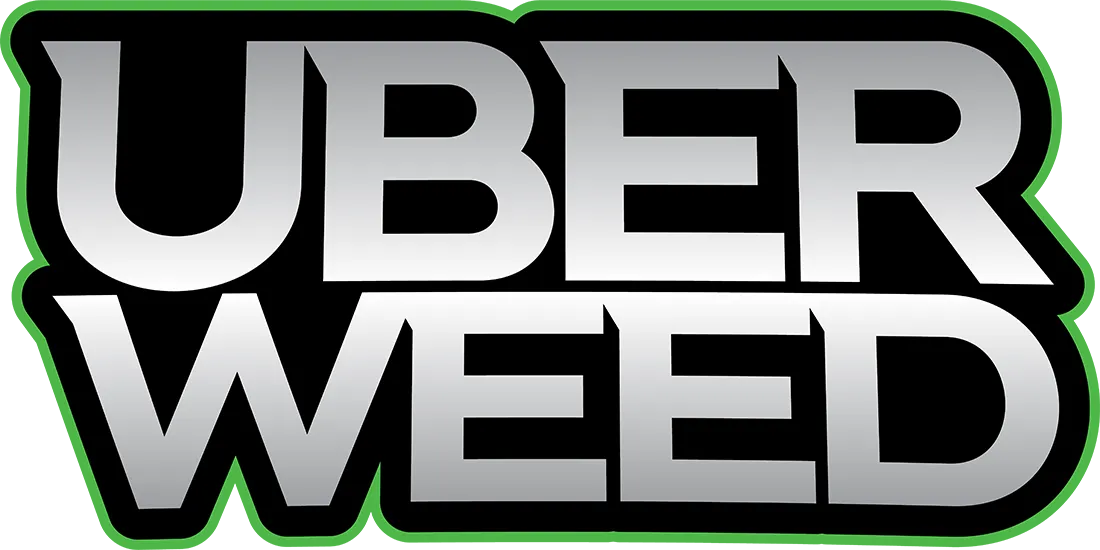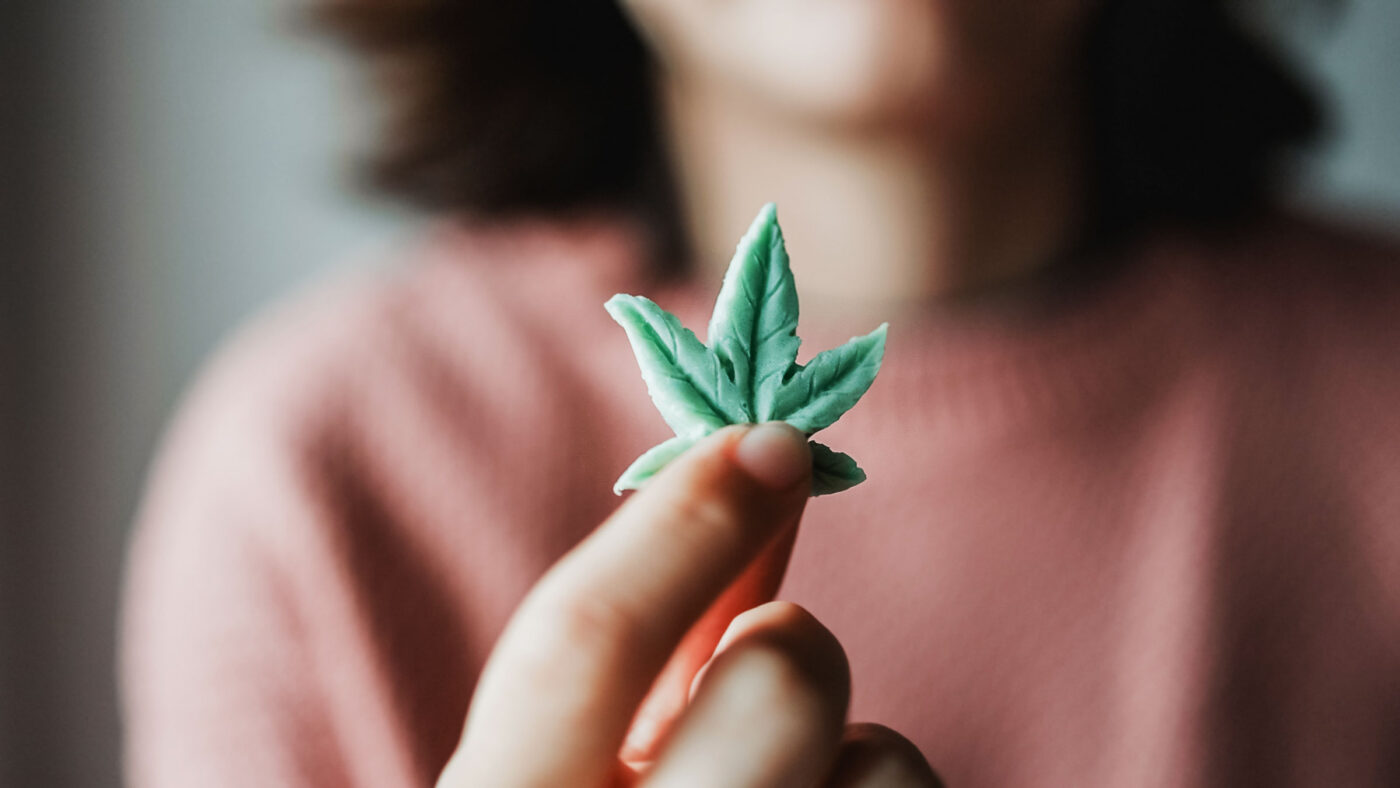Uncategorized
How Long Does It Take for Edibles to Take Effect?
How long do edibles take to kick in? The onset time of edibles varies depending on dosage and form. Edibles that are ingested typically take longer to take effect compared to those absorbed in the mouth, like lozenges.
Edibles encompass various cannabis-infused food items, such as gummies and brownies, containing THC and/or CBD. As marijuana legalization expands, edibles gain popularity. CBD-only options show promise in managing conditions like anxiety and chronic pain, offering a safer alternative to smoking.
Edibles produce a distinct experience from other cannabis products, often resulting in a more potent and prolonged high. Despite taking longer to kick in than smoking or vaping, several factors influence their onset time.
Read on to explore more about edibles, including their onset duration, effects’ longevity, dosage, potential side effects, and precautions.
Onset Time of Edibles’ Effects: How Long Does It Take?
How long do edibles last? Edibles generally take between 30 to 60 minutes to take effect, although this timing can vary based on several factors.
The onset time hinges on the potency of the active ingredients in the product. Higher concentrations of THC may lead to quicker effects.
It’s important to note that CBD-only edibles lack psychoactive properties, so it may be more challenging to recognize when they take effect.
The way edibles are processed in the body also influences onset time. Products like lozenges, gum, and lollipops, which are absorbed under the tongue, tend to take effect faster than chewable edibles like gummies and cookies, which are digested.
Factors such as diet, metabolism, sex, weight, and cannabis tolerance also play a role in how quickly the effects are felt.
Since edibles do not produce immediate effects, it’s crucial to avoid consuming more shortly after the initial dose to prevent accidental overconsumption. Waiting at least 24 hours before considering another dose is advisable.

How Long Do Edibles Stay Effective?
How long do edible highs take? Edible highs typically endure much longer compared to smoking or vaping, spanning from six to eight hours.
For THC-infused edibles, the peak blood levels usually manifest approximately three hours after consumption, marking the period of most intense effects.
The duration of an edible high hinges on various factors, including dosage, potency, and the ingestion method. Generally, consuming chewable products tends to prolong the high compared to orally absorbed ones.
Personal aspects such as metabolism, body weight, and tolerance also influence how long the effects last.
Despite these considerations, pinpointing the exact duration of edible effects can be challenging. A 2016 study examining numerous tweets about edibles highlighted the unpredictability of their duration as a common adverse experience.
Types of Edible Products
Edible products vary widely and are continually expanding. Typical forms of edibles encompass:
- Baked treats: such as brownies, cookies, biscuits, and waffles.
- Confectionery: including gummies, chewing gum, lozenges, lollipops, chocolates, truffles, fruit bars, and marshmallows.
- Beverages: spanning coffee, tea (hot or iced), soda, energy drinks, beer, wine, and alcoholic beverages.
- Miscellaneous items: like jerky, butter, sugar, and syrups.
How to Determine the Appropriate Dosage
Many edible cannabis products indicate the amount of THC or CBD in a single serving. For example, a single gummy typically contains 10 milligrams (mg) of THC.
However, sometimes the manufacturer lists the THC or CBD content for the entire package or food item. Using the gummy example, a package might contain 100 mg of THC. If the package contains 10 gummies, that’s 10 mg per gummy.
This can be confusing with items like brownies and cookies, where a single dose might be only a fraction of the item.
When do edibles peak? Always read the label carefully before consuming the product. Look for the THC or CBD content per serving and determine if the serving size refers to the whole product or just a part of it.
Even with this information, predicting edible dosing isn’t always exact due to various factors. It’s advisable to start with a low dose and gradually increase until you achieve the desired effect.
Here are some general dosing recommendations for THC and CBD edibles.
THC Dosage
The tolerance to THC varies between smoking and consuming edibles, with edibles typically yielding stronger effects. A study conducted in 2015 for the Colorado Department of Revenue found that ingesting 1 mg of THC has a behavioral impact equivalent to smoking about 5.71 mg of THC.
It’s recommended to start with a small dose, even for regular cannabis smokers, and gradually increase it until reaching the desired effects. Consuming doses exceeding 20 to 30 mg per day is associated with an increased risk of adverse effects, including dependency.
CBD Dosage
As CBD doesn’t induce psychoactive effects, the risk of overdosing is lower. However, high doses may lead to unwanted side effects like fatigue.
Similar to THC edibles, it’s prudent to start with a small dose. Begin with a low dosage ranging between 2.5 and 10 mg of CBD, then increase gradually until you find the optimal dosage for the desired effects.
Because CBD might induce drowsiness, it’s advisable to take it in the early evening until you understand its effects on your body.

The Advantages of Consuming Edible Products
Cannabis-infused edibles offer several benefits over smoking:
- Reduced respiratory risk: Unlike smoking cannabis, which exposes individuals to harmful carcinogens and can lead to respiratory issues like lung inflammation and bronchitis, consuming edibles does not involve inhaling smoke, thus minimizing such risks.
- Extended duration: Edibles provide longer-lasting effects compared to smoking or vaping, making them well-suited for medicinal users seeking prolonged symptom relief.
- Convenience: Edibles can be consumed indoors without the need to go outside, making them accessible to individuals who cannot smoke.
- Discretion: Edibles can be consumed discreetly, akin to taking medication, without emitting any noticeable odor associated with smoking. This discretion can be particularly beneficial for medicinal users who require cannabis intake during work hours.
Potential Negative Outcomes
The effects of consuming THC or CBD edibles vary depending on the active ingredient.
THC-Infused Edibles
Consuming high doses of THC-infused edibles can lead to uncomfortable symptoms lasting from hours to days. This experience is sometimes called “greening out” or a cannabis overdose. Symptoms may include:
- Impaired thinking
- Reduced coordination
- Profound drowsiness
- Restlessness and nervousness
- Elevated heart rate
- Nausea and vomiting
- Sensory distortions
- False beliefs
- Psychotic episodes
CBD-Infused Edibles
Based on a 2017 review, common side effects of CBD consumption include:
- Fatigue
- Digestive issues like diarrhea
- Changes in appetite
- Fluctuations in weight
Further investigation is necessary to understand both short- and long-term effects of CBD use.
Additional Considerations
When purchasing edibles, it’s crucial to carefully assess the manufacturer.
Generally, reputable edible producers are transparent about their products’ contents and recommended dosages. A reliable source should be willing to address your inquiries without pressure to make a purchase.
However, it’s not always feasible to ascertain precisely what you’re receiving. A study conducted in 2015 examined the accuracy of dosing and labeling across 75 different products.
Upon analyzing the THC levels in these products, researchers discovered that only 17 percent were accurately labeled. Among those with inaccuracies, 23 percent contained more THC than indicated, while 60 percent contained less.
When to Seek Medical Advice
Edibles may interact with medications and other supplements. If considering their use, consult with a physician. In states where edibles are legal, a doctor could offer dosage or brand recommendations.
Key points
Edibles may take several hours to take effect. If you’ve already consumed a dose, wait at least 24 hours before taking more to avoid potential adverse effects.
For first-time users, begin with a small dose and gradually increase until achieving the desired effect.
Is CBD Legal Today?
The 2018 Farm Bill excluded hemp from the Controlled Substances Act’s legal definition of marijuana. This rendered some hemp-derived CBD products containing less than 0.3% THC federally legal. However, CBD items with over 0.3% THC remain classified as marijuana, making them federally illegal. While some states have legalized CBD, it’s essential to verify state regulations, particularly when traveling. Additionally, note that nonprescription CBD products lack FDA approval, and some may have inaccurate labeling.


